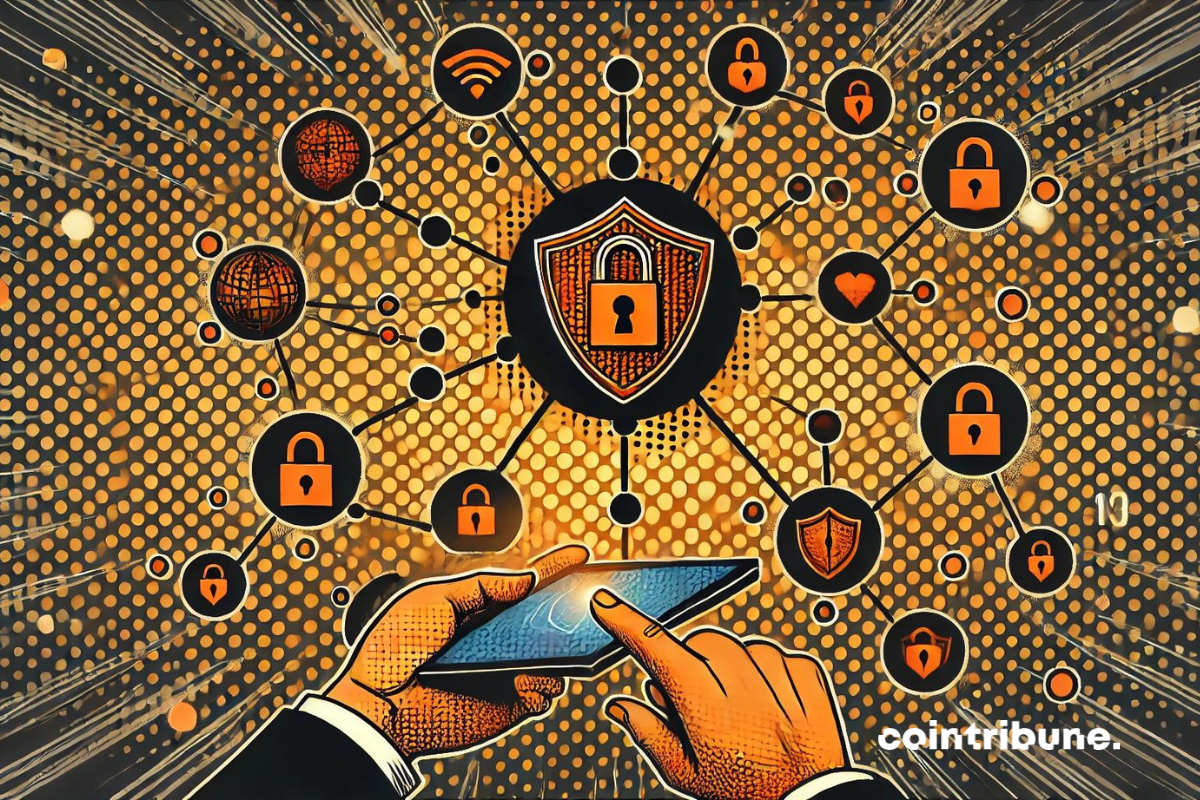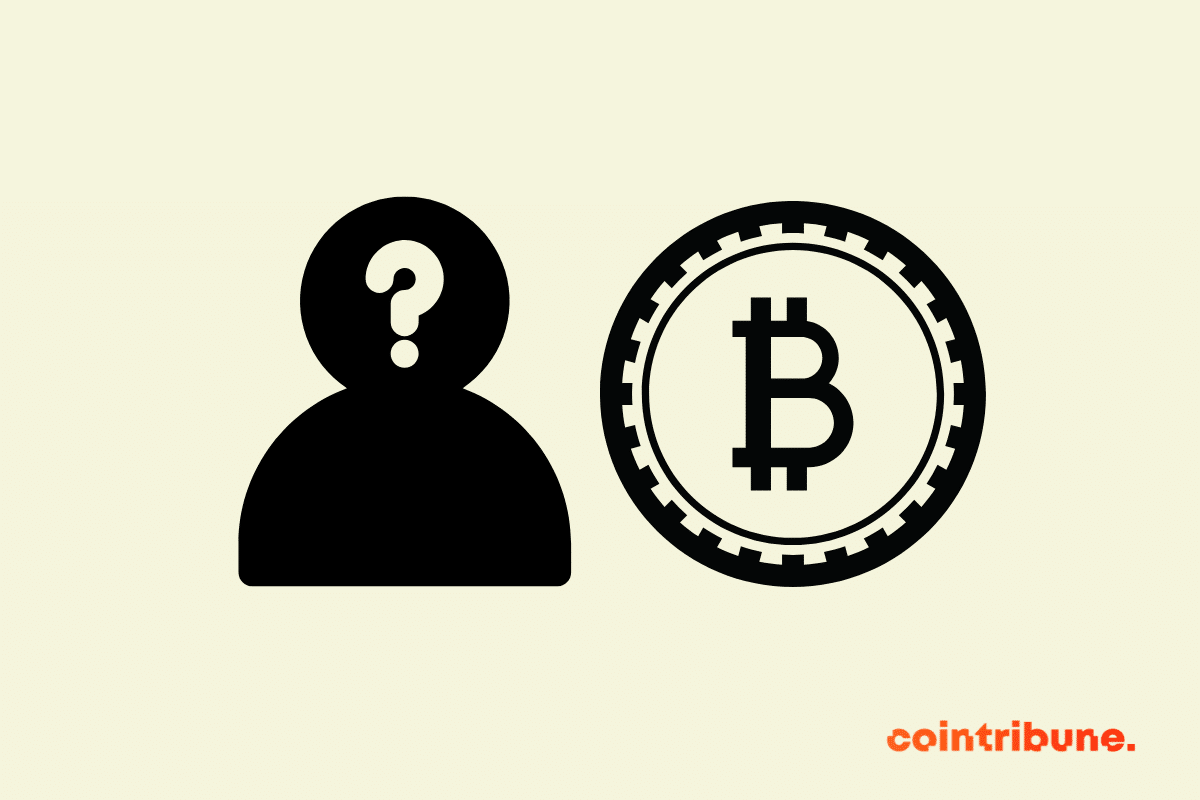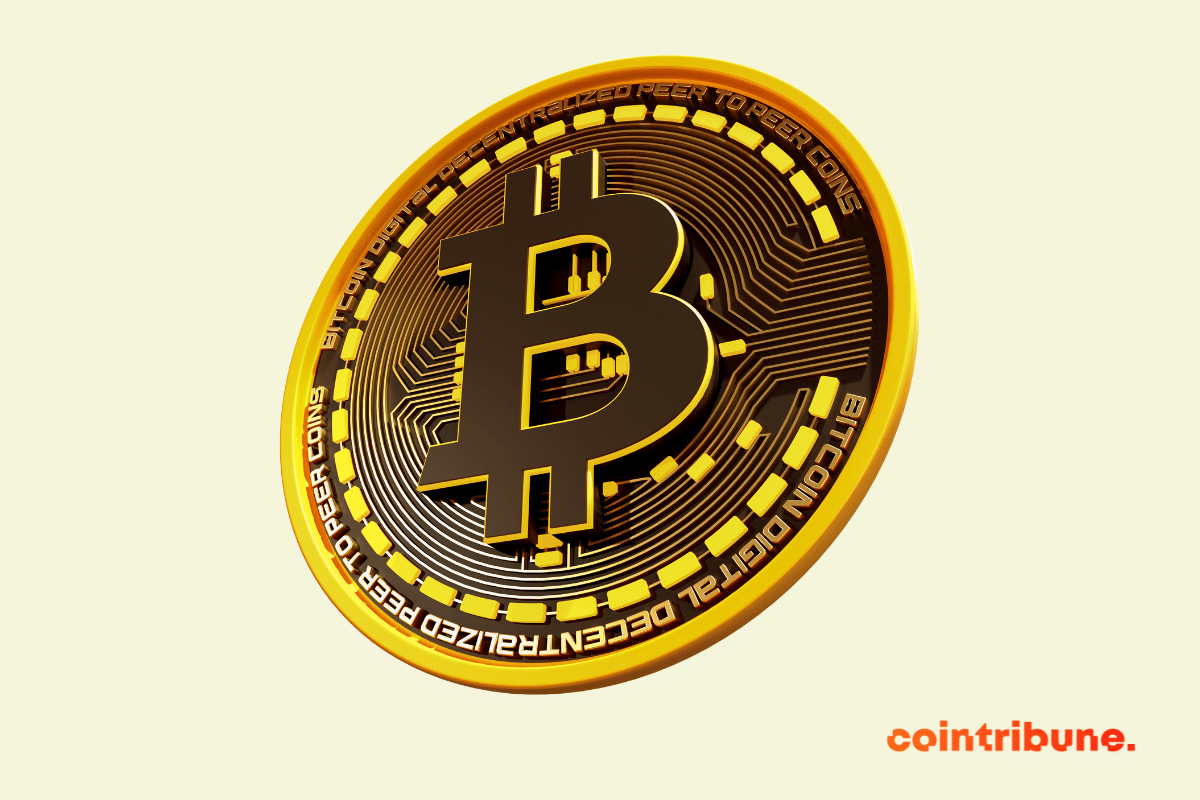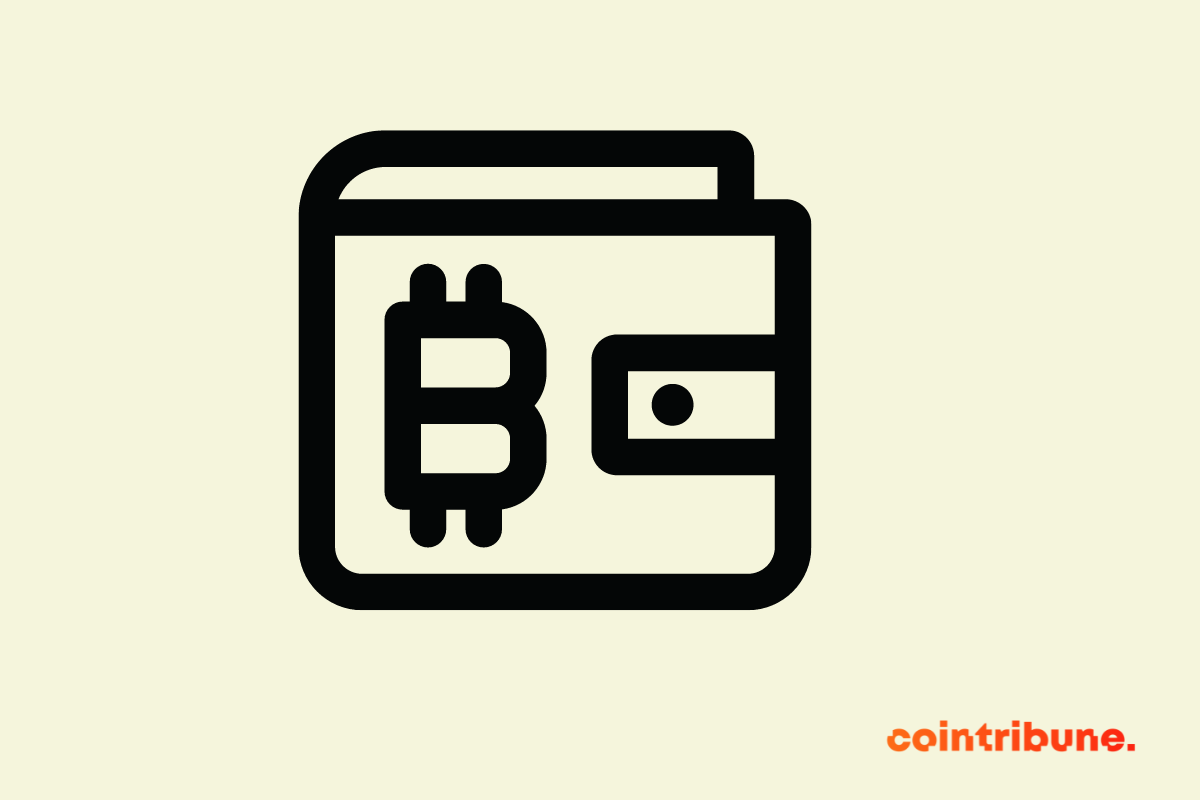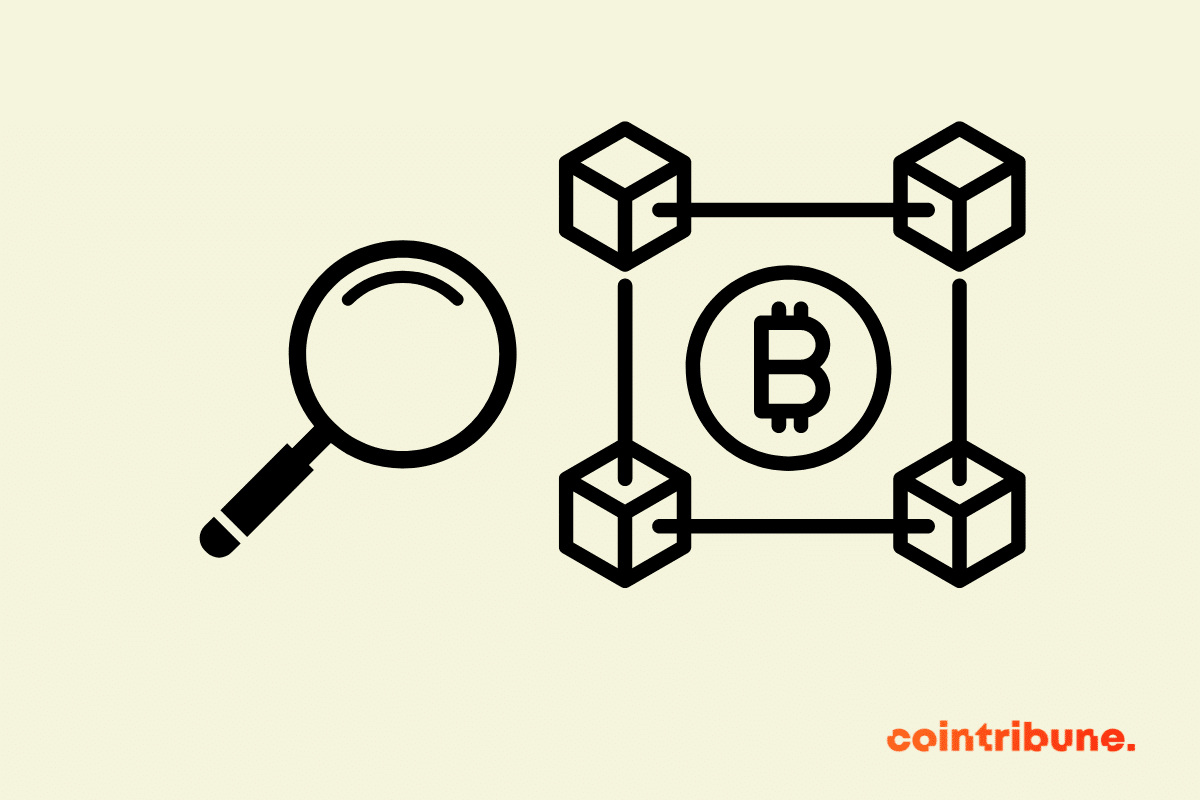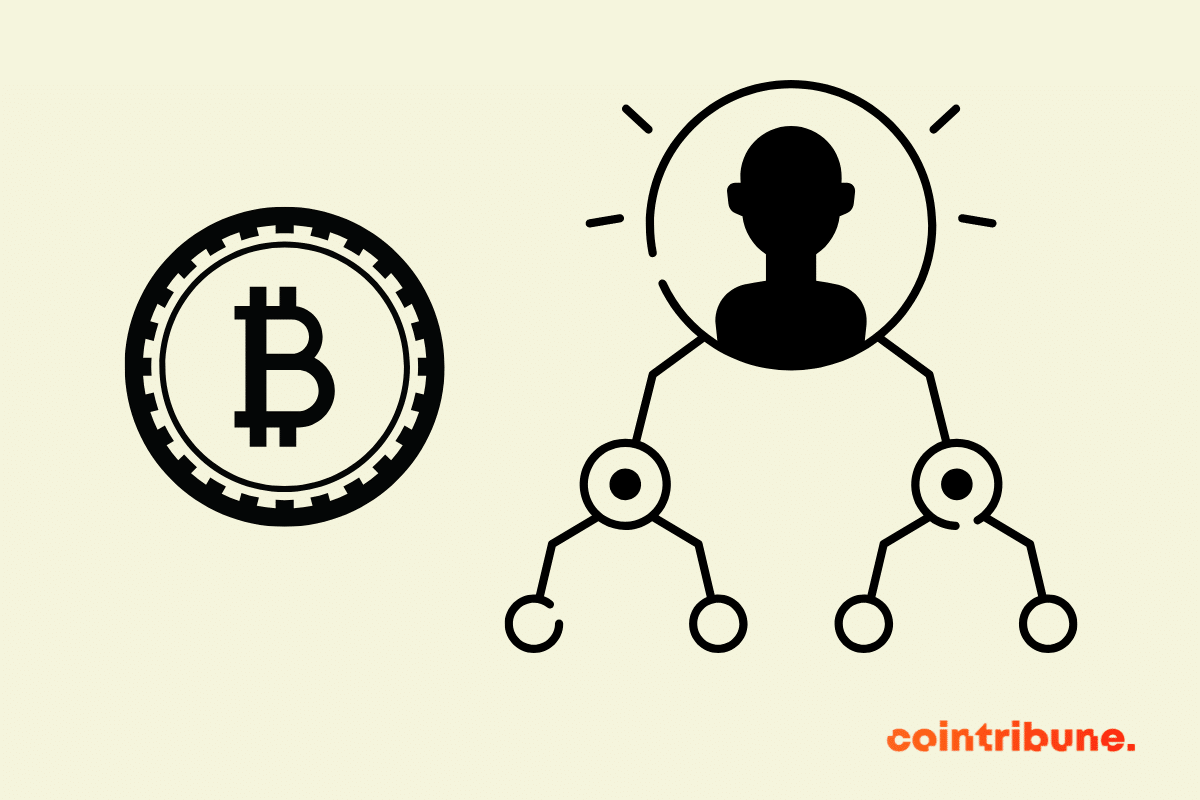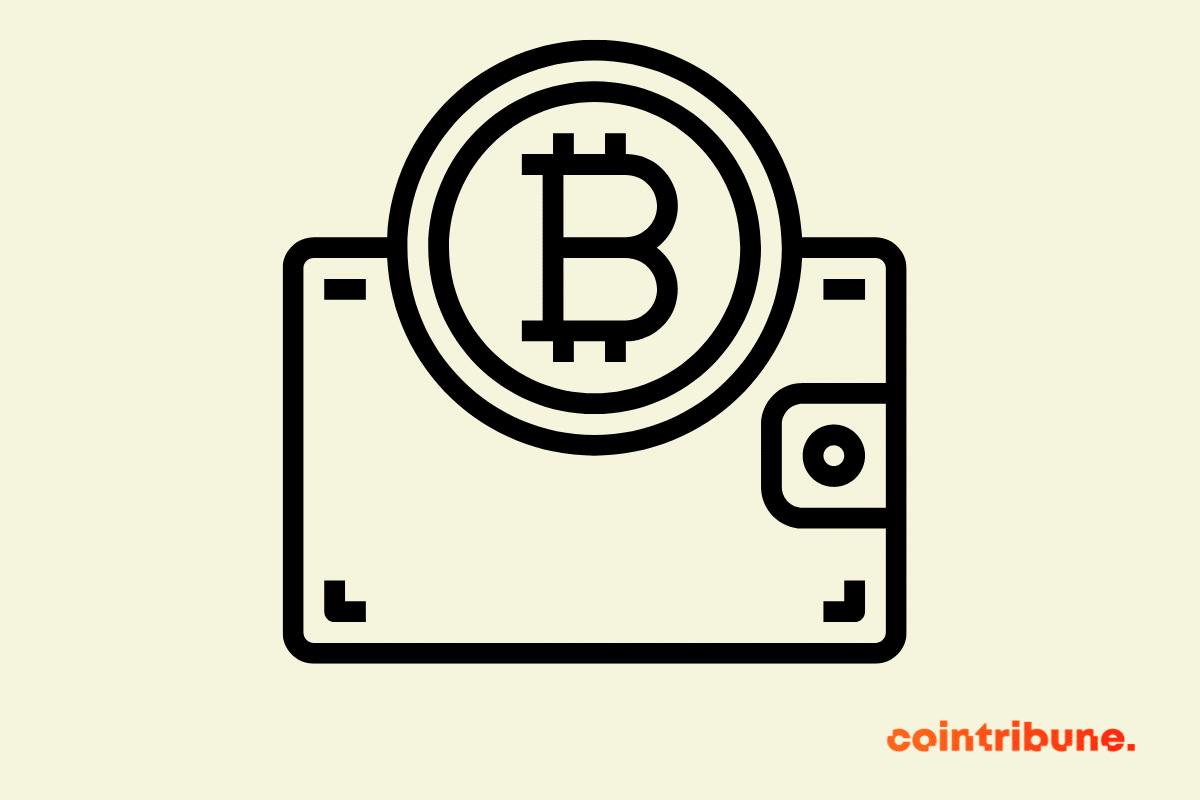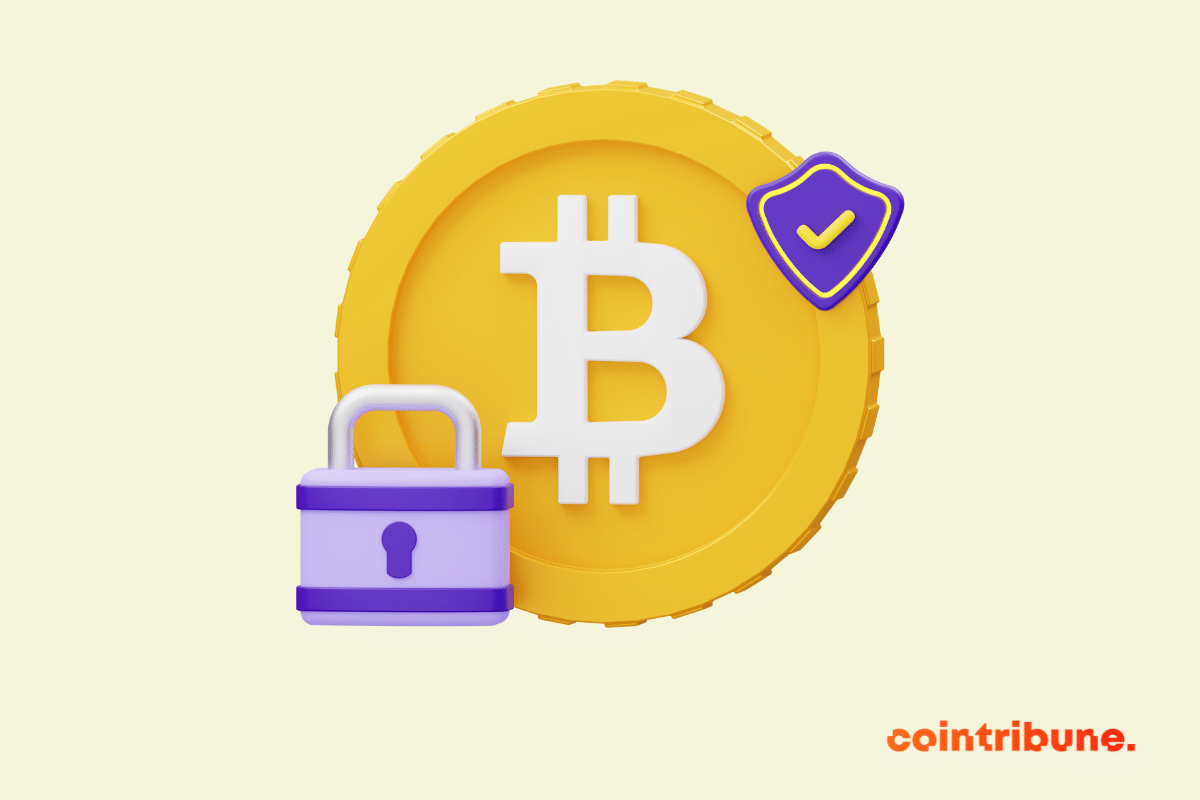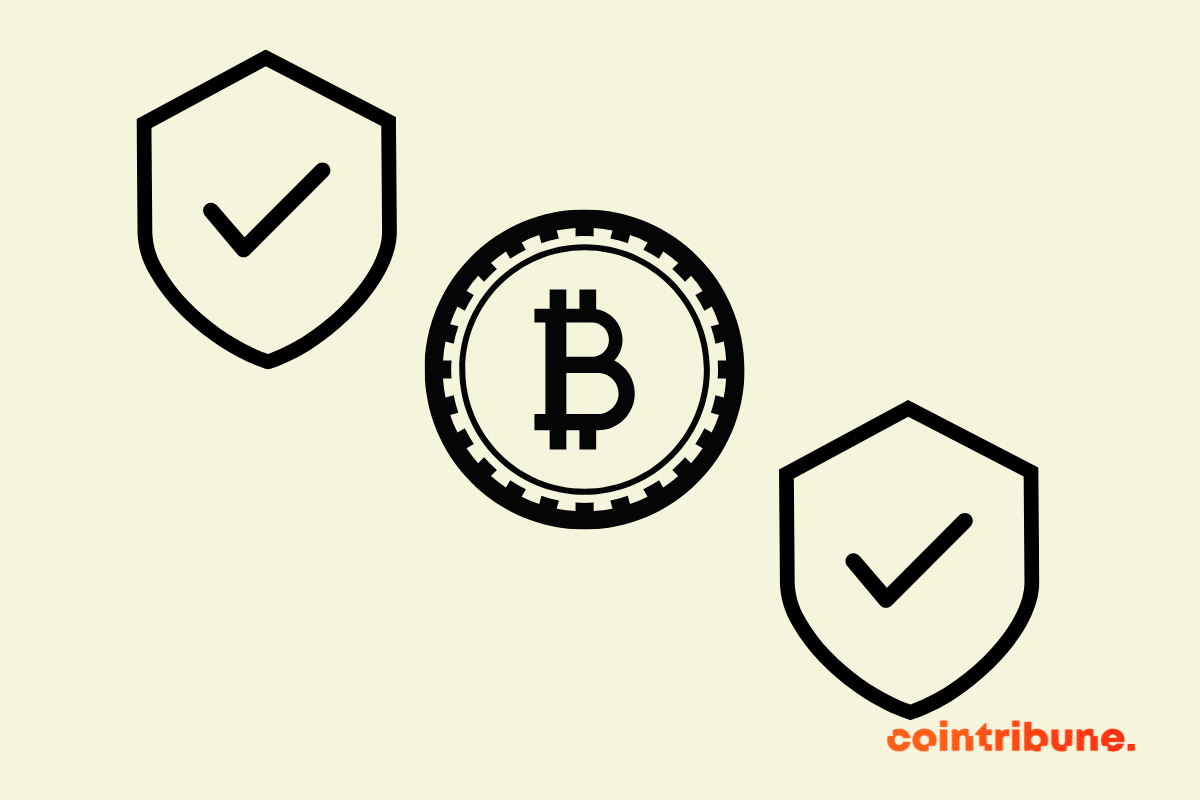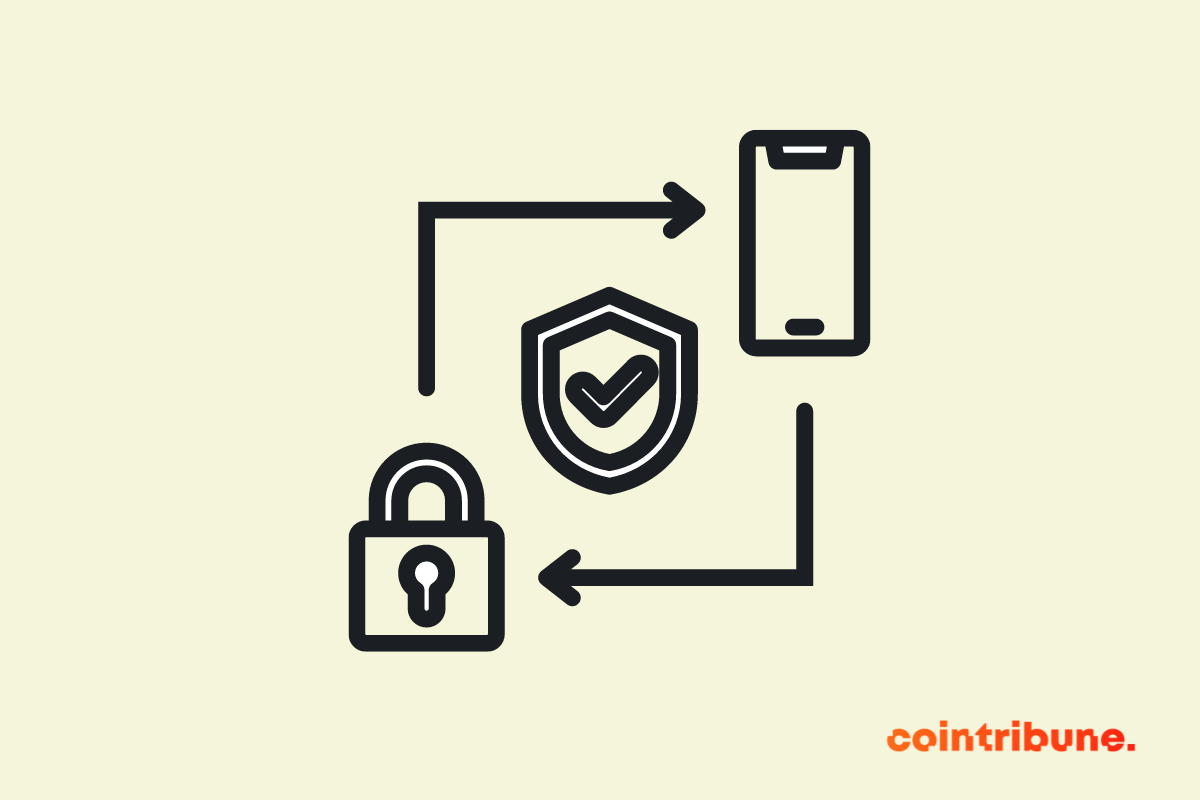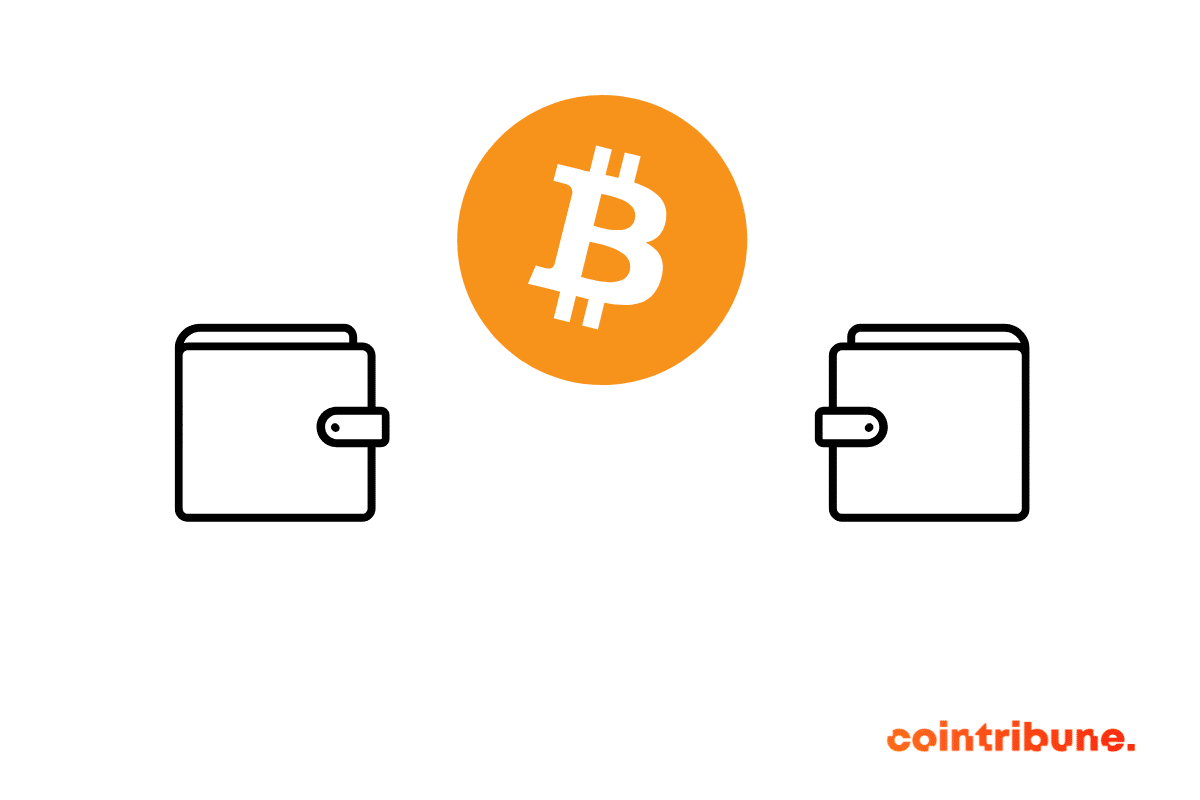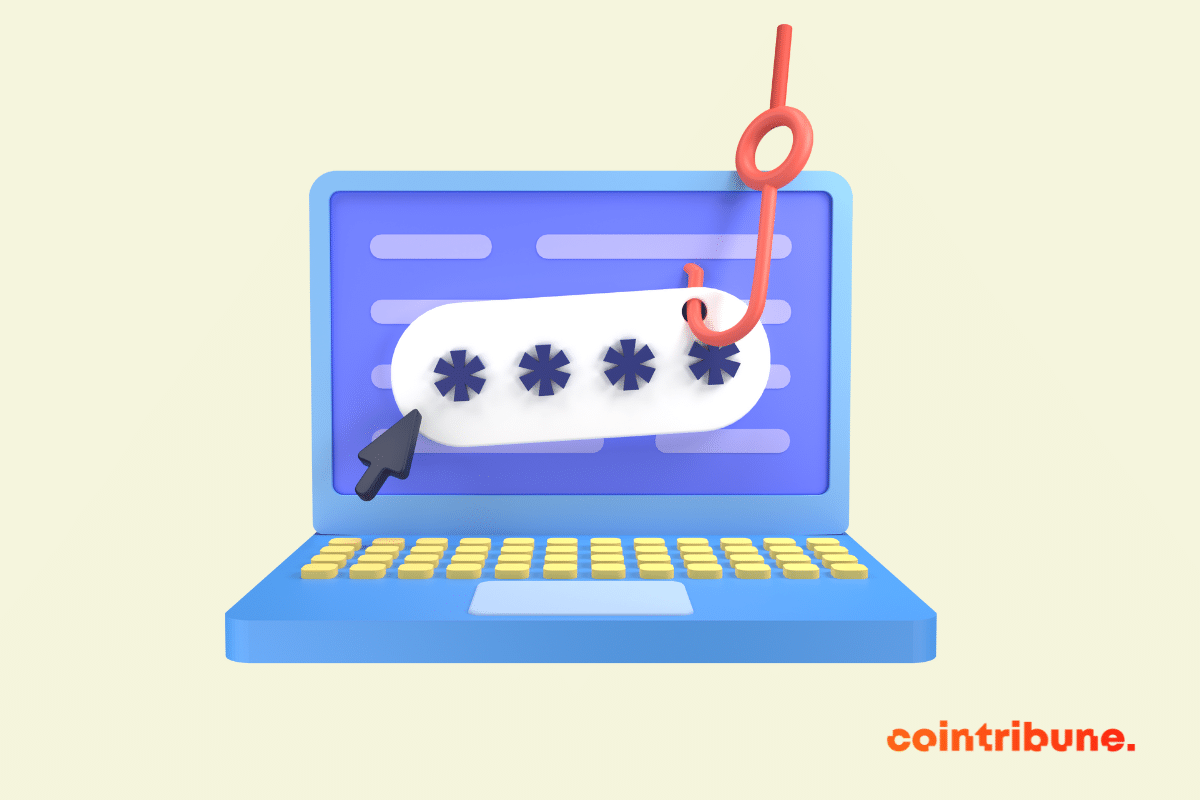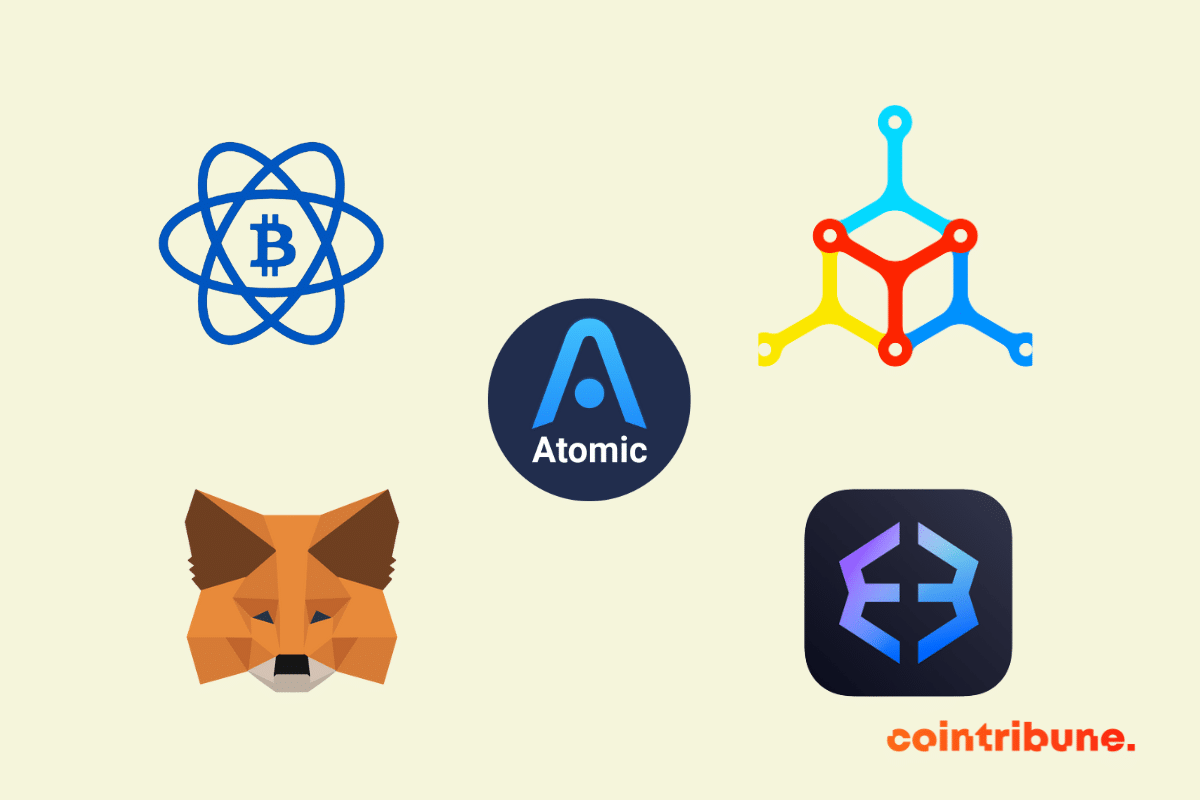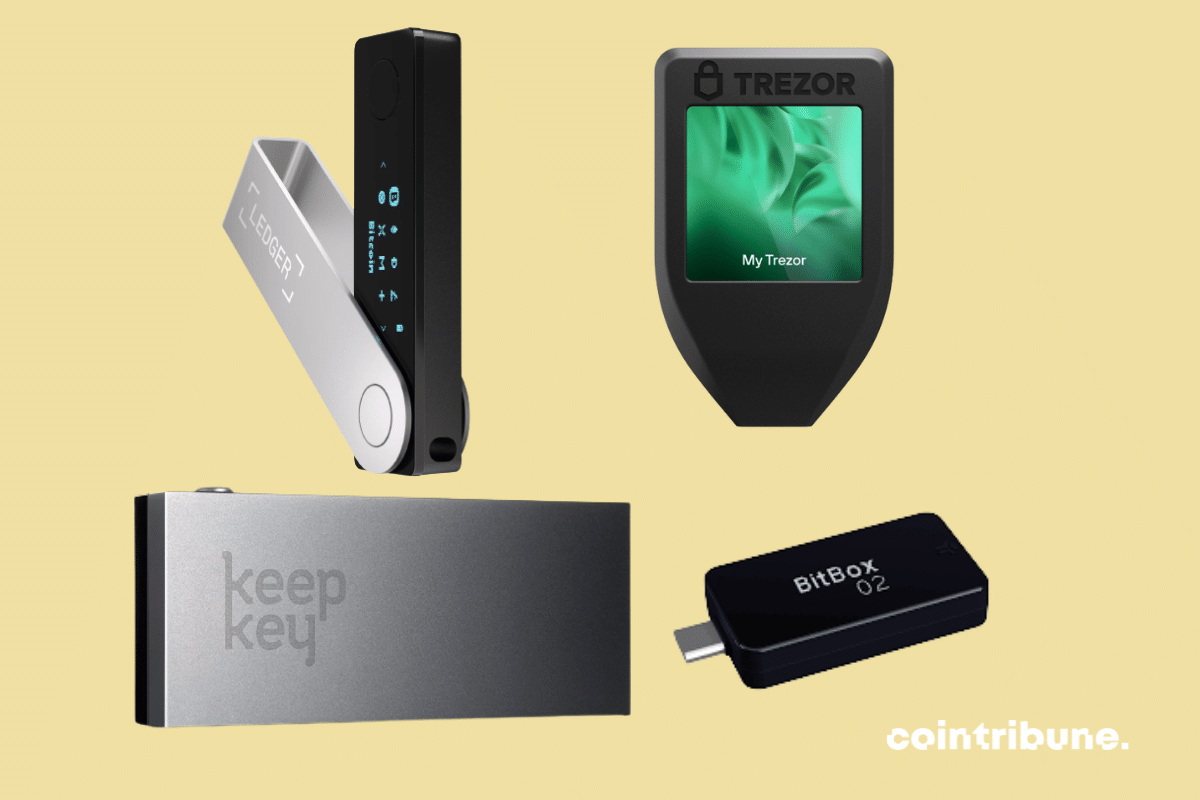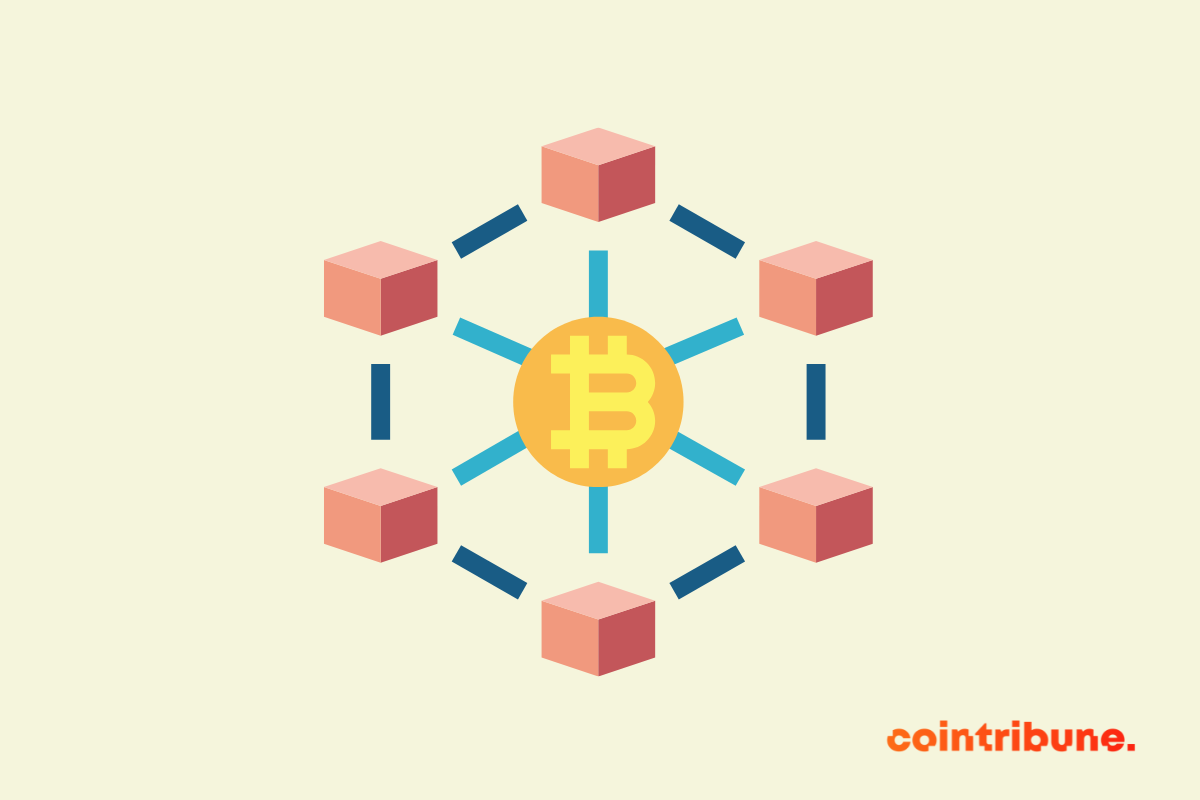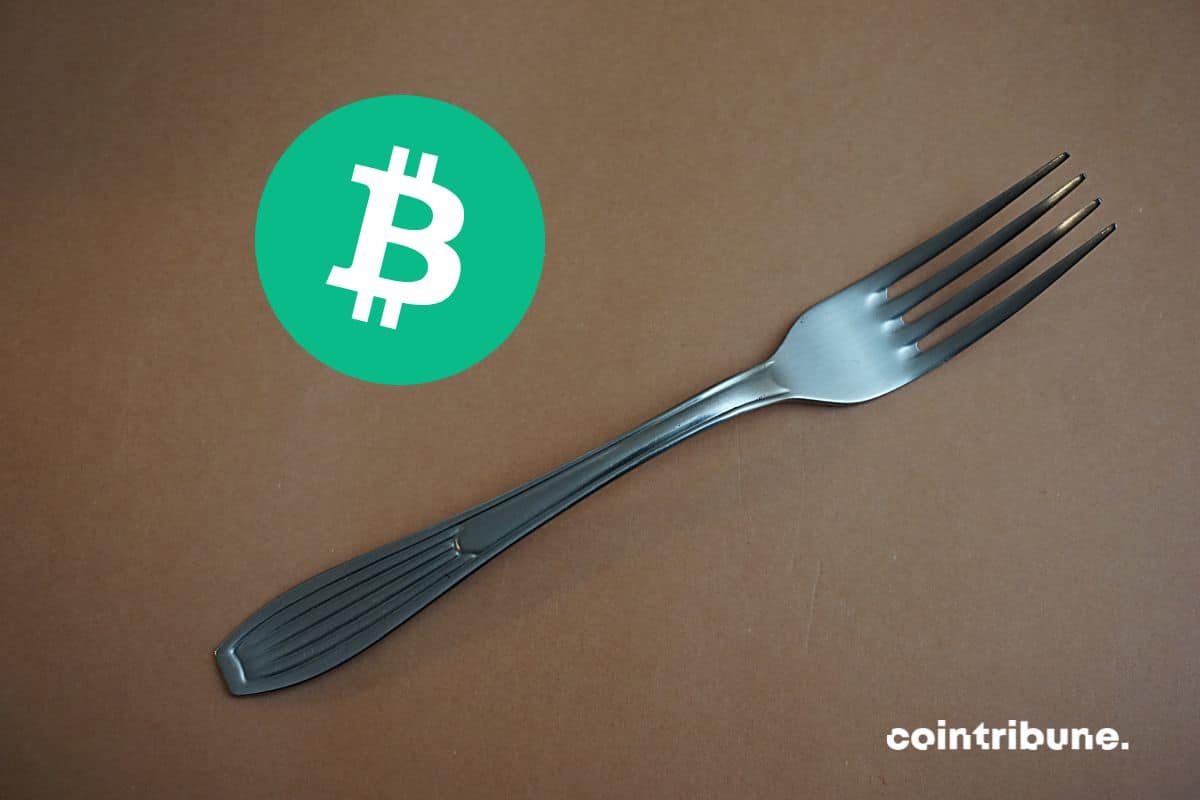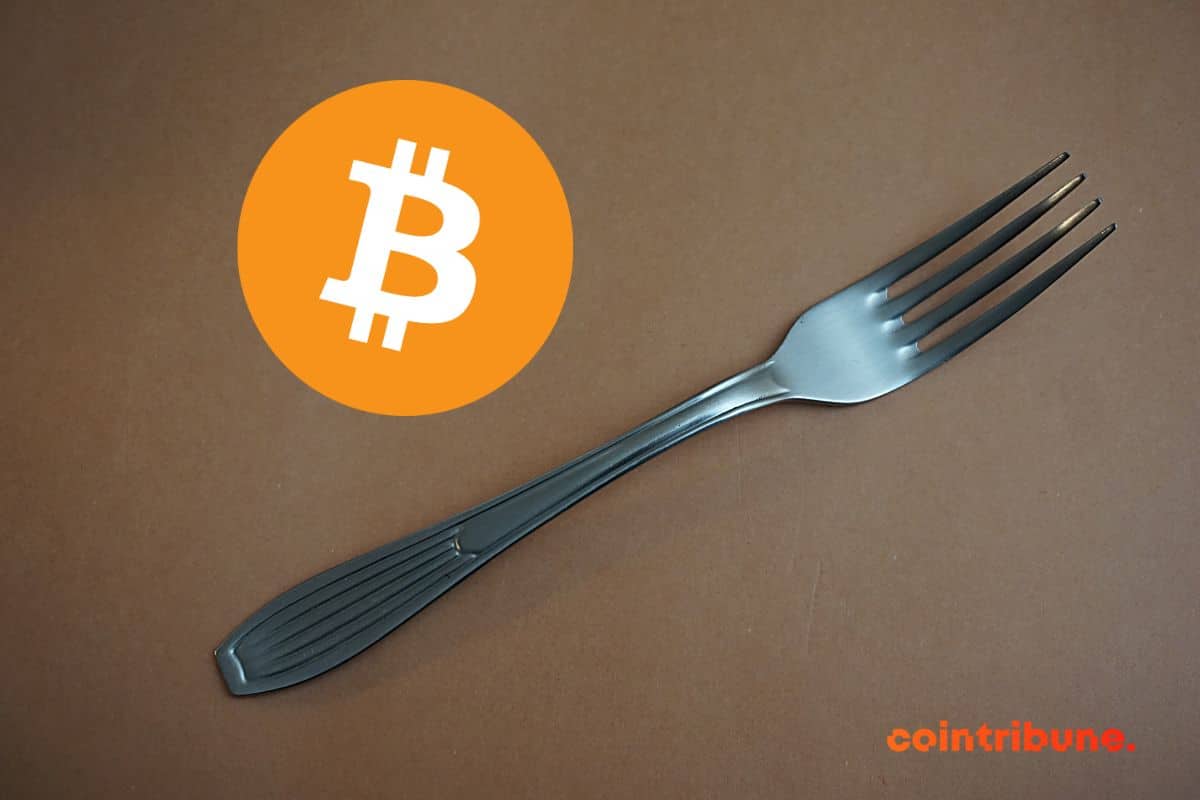Discover how Ethernity Cloud is revolutionizing the market with its decentralized rating system.
Guide
Discover how Ethernity Cloud ensures continuous availability with a robust and cost-effective infrastructure.
Discover how Ethernity Cloud's decentralized DNS enhances security and privacy on the Internet.
Discover how Ethernity Cloud utilizes cutting-edge technologies for optimal protection of your personal data.
Discover how Ethernity Cloud is revolutionizing cloud computing with enhanced security and decentralized data management.
The growing use of cryptocurrencies like Bitcoin raises a major concern: privacy. Indeed, contrary to a common belief, Bitcoin does not offer complete anonymity. In the face of this challenge, Bitcoin security advice [Insert link to Main Page Bitcoin Security Tips] becomes essential for users looking to optimize the anonymity of their transactions while complying with existing laws and regulations. In this context, how can one find the right balance between anonymity and regulatory compliance in the world of cryptocurrencies?
Many people are tempted to enter the world of cryptocurrencies by investing in Bitcoin. However, they often become hesitant when they learn that there are many risks associated with this investment, particularly the high volatility of the currency's price. In this guide, we will focus on the specific challenges inherent in investing in Bitcoin (BTC). We will analyze the factors that influence and effective strategies to reduce risks while optimizing your potential gains. Additionally, we will provide you with some Bitcoin security tips to confidently invest in this captivating world of crypto.
Backing up your crypto wallet is essential, as it contains crucial information such as your private key and public key. These two elements are indispensable for accessing your bitcoins, and their compromise by hackers would result in the loss of your assets. Given that the private key is a long random string of numbers, it is practically impossible to memorize it. Therefore, you need to adopt original and reliable methods to keep your Bitcoin wallet safe. In this article, we will explore various methods to effectively back up your Bitcoin wallet while ensuring its inviolability. With the growing popularity of cryptocurrencies in recent years, the protection and backup of your crypto wallet have become essential aspects. We will also provide you with relevant Bitcoin security tips to enhance the protection of your digital assets.
In the current context marked by a significant increase in cyberattacks and fraud, the integrity of digital assets has become an undeniable priority. In response to this concern, Bitcoin security auditing emerges as a solid and effective tool. This article aims to delve into the heart of this approach, specific to the first blockchain created, in order to understand its importance and the process of its implementation, while incorporating relevant Bitcoin security tips.
Bitcoin is a digital currency whose emergence has shaken up the world of finance. However, it does not have universal appeal. Its extreme volatility and the fact that it is outside the control of traditional financial institutions put it under scrutiny from some governments. Furthermore, the digital nature of Bitcoin makes it more susceptible to cyberattacks. For investors looking to bypass restrictions and conduct their transactions securely, the use of robust protective measures like a VPN is essential. In this guide focused on Bitcoin Security Tips [Insert Mother Page Bitcoin Security Tips link], we discuss the benefits of using a VPN for cryptocurrency transactions and provide guidelines for choosing the VPN that best suits your specific needs. We will cover the key features to consider and present our selection of the top five VPNs for Bitcoin.
Ponzi schemes have long been associated with fraudulent investments. With the advent of cryptocurrencies such as Bitcoin (BTC), new forms of this classic scam have emerged. This article will help you master the basics of this type of Bitcoin scam, recognize the warning signals to watch for to detect them, and know how to protect yourself.
In a context where hacking and cryptocurrency theft are unfortunately becoming common, Bitcoin security, which involves protecting your digital assets against various online threats, is a major concern. Therefore, understanding how Bitcoin wallets function is crucial. Indeed, these tools, designed to store, secure, and manage your cryptocurrencies, are at the heart of transactions in web3, and their wise use is essential for anyone looking to navigate this exciting yet complex universe with peace of mind. Through our comprehensive guide dedicated to these indispensable instruments, we aim to demystify Bitcoin wallets, explain their subtleties, and guide you step by step in their handling.
The security of cryptocurrencies is a major issue for all investors and players in the crypto industry. Indeed, in a context where cryptocurrency scams are becoming more common, learning to keep your bitcoins safe is essential. In this guide, we will present you with the 10 best tips to ensure the security of your bitcoins and other cryptocurrencies. Follow these steps to minimize risks and protect your valuable digital assets.
The crypto investor, in their perpetual quest for new techniques to protect and secure their assets, must consider various Bitcoin security tips [Insert link to the main Bitcoin security tips page]. Among these, multisig security, which involves the use of multisignature wallets or "multisig wallets," takes a prominent place. Indeed, establishing multiple levels of approval to spend your bitcoins proves to be an infallible method to safeguard them against hacking attempts. Therefore, it is imperative to deeply understand the concept of multisig security. Let’s explore this concept together.
The bitcoins contained in your wallets do not benefit from optimal protection with the traditional passwords associated with them. Therefore, you need to add an extra layer of security such as two-factor authentication (2FA) to prevent any intrusion and better protect your assets. In this guide dedicated to Bitcoin security tips [Insert link to Bitcoin Security Tips main page], we will explore the critical importance of security in the cryptocurrency universe, and how implementing two-factor authentication can play a crucial role in protecting your valuable digital assets such as bitcoin. We will review the different 2FA methods, their implementation on the most popular exchange platforms, and the available alternatives to further strengthen the security of your accounts.
Bitcoin presents enormous financial potential and has a strong impact on the global economic system. Its strengths make it increasingly popular, attracting more attention from investors and even governments. Nevertheless, many enthusiasts of this digital asset have questions about its privacy. In this article, we reveal the different privacy elements related to the use of Bitcoin, whether you are a regular user or a curious investor. You will also receive some security tips from Bitcoin security to better navigate the cryptocurrency ecosystem.
Bitcoin scams are an unfortunate reality in the booming world of cryptocurrencies. Indeed, the exponential success of Bitcoin and other cryptocurrencies has given rise to a multitude of frauds and scams. Therefore, Bitcoin security [Insert link to the main Bitcoin security page] has become a crucial issue. In this article, we will provide you with the necessary tools to detect these frauds and to ensure the security of your investments in Bitcoin and other cryptocurrencies.
In the world of cryptocurrencies, security is of paramount importance for investors, especially when they are exposed to Bitcoin. This article examines a recurring and perilous issue for users of these assets: phishing scams. We will explain how to identify attempts at this Bitcoin scam [Insert link to Main Bitcoin Scam Page], and provide you with protection tips. You will also receive some recommendations on the steps to take in case you fall victim to this type of attack.
Since their emergence, cryptocurrencies have revolutionized the financial world by offering a decentralized alternative to traditional financial systems. If you are new to the crypto sphere and not yet familiar with the specifics and concepts, particularly Bitcoin soft wallets, this is an opportunity to learn a bit more. A Bitcoin soft wallet is, in fact, a software wallet that stores your private keys and allows you to send, receive, and store bitcoins. It contrasts with a hard wallet, which is often a physical device. Learn more about the concept of a Bitcoin soft wallet, an essential tool for anyone interested in cryptocurrencies and blockchain. What is a soft wallet, how does it work, and what are the advantages and disadvantages of using this type of wallet?
In the world of cryptocurrencies, security is paramount. Users are constantly looking for solutions to protect their digital assets, as hacks are prevalent. It is in this context that hard wallets, also known as hardware wallets, have gained popularity. These physical Bitcoin wallets [Insert link to the main Bitcoin Wallet page] come in the form of either a USB stick or a smart card. They are more valued than online wallets because they allow for complete control over your cryptocurrencies. In this article, we will explore in detail what Hard Wallets are, how they work, and how to choose the best one for your needs.
In the ever-evolving world of blockchain technology and cryptocurrencies, adopting best security practices such as regularly updating your Bitcoin software is imperative. Just as updates are crucial for devices like your smartphone or computer, they are equally important for your Bitcoin software. Although this task may seem tedious, its importance should never be underestimated. Through this comprehensive guide, we aim not only to highlight the significance of these updates but also to share essential Bitcoin security tips. We will explore how to identify the software that needs updating and how to perform these updates safely and effectively.
The Bitcoin blockchain is a distributed ledger technology that underpins the first and most iconic cryptocurrency: Bitcoin. Since its creation in 2009, it has sparked global interest, challenging our conception of money and transactions. With its growth, debates have intensified around its environmental impact and its ability to scale without compromising its principles of decentralization. This article reveals the mechanisms of the Bitcoin blockchain, clarifying its complex functioning and practical implications for users and society as a whole.
Since its creation in 2009, Bitcoin (BTC) has faced scalability challenges and transaction fees. To address this, several hard forks have emerged, including Bitcoin Cash (BCH). This digital currency was born with the aim of improving scalability and transaction efficiency. Let's take a deep dive into the history of BCH, its advantages and disadvantages, as well as its potential uses and development prospects.
Bitcoin, with its decentralized architecture, has revolutionized the world of blockchain. However, its operation relies on considerable electricity consumption, raising questions about the sustainability of this system. This article explores the energy mechanisms of Bitcoin and examines the factors influencing its electricity consumption. It assesses the environmental consequences of Bitcoin's energy consumption and discusses potential solutions for a greener future.
Bitcoin SV (BSV), which stands for "Bitcoin Satoshi Vision", is a cryptocurrency that emerged in November 2018 following a hard fork of the Bitcoin Cash (BCH) protocol. Since then, it has become one of the most valued cryptocurrencies in the crypto market, with an increasingly growing adoption. To better understand the potential of this digital currency, let us take a closer look at its origins, technical characteristics, ecosystem, as well as the investment opportunities and challenges it faces.
Bitcoin Diamond (BCD) is one of the major blockchain projects that emerged following a hard fork of Bitcoin (BTC). It was designed with the aim of overcoming certain challenges faced by its predecessor. In this article, we will examine the history, functionality, and potential benefits of BCD. Finally, we will explore how Bitcoin Diamond could evolve and develop in the future within an increasingly competitive cryptocurrency market.
Bitcoin Gold (BTG) is a cryptocurrency project that resulted from a hard fork of Bitcoin (BTC). It was created with the aim of making mining more accessible. Since its launch, this project has been adopted by several exchange platforms and crypto wallets. In this article, we will explore in detail the origins of BTG and how it works. We will also attempt to determine what the future holds for this digital asset, which has been gaining ground in the cryptocurrency market for several years.
Bitcoin (BTC) has revolutionized the financial world by offering a decentralized alternative to traditional online transactions. Since its launch in 2009, it has attracted a large community of users and developers, but it has also faced debates on how to evolve and develop. To resolve these differences, some members of the community have chosen to fork the Bitcoin blockchain. What does this term refer to? What are the different types of forks and how do they work? What are the impacts for users and miners? Let’s explore the world of forks together to deepen our understanding of how Bitcoin operates.
Data security is a crucial issue, especially in a digital world where hacking and privacy breaches are becoming increasingly prevalent. To ensure the protection of digital files, one of the most effective means is the use of hashing algorithms. These have the particularity of transforming any type of data into a unique digital fingerprint that preserves its integrity. In this article, we will explain how this fingerprint is calculated for a file. For this practical case, we will use SHA-256, the hashing algorithm used by the Bitcoin protocol. But first, let's explore the fundamentals of hashing in general, and SHA-256 in particular.
Merkle trees are a fundamental element of blockchain technology. They are used by most protocols, starting with Bitcoin, which relies on the Proof-of-Work consensus mechanism. However, they are utilized by most protocols to ensure the security and integrity of data on the network. If you are interested in the queen of cryptocurrencies, you have probably heard of them, but without really grasping how they work. In this article, we will explain to you precisely and in detail what Merkle trees are and their utility for the Bitcoin network. You will also discover the limitations and prospects of this technology.


